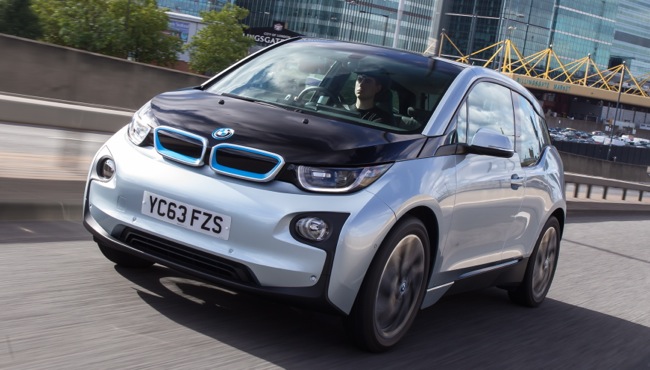German federal support for electric cars has been lukewarm at best, but it appears that this could change soon. Several European countries–including Norway, The Netherlands, UK and France–aggressively promote electric cars as a way to reduce traffic carbon emissions. Despite its substantial domestic car industry, Germany is not among them.

Reuters report that Chancellor Angela Merkel said her government is examining further support to help bring one million electric cars onto German roads by the end of the decade and aims to make a decision by the end of the year.
“We will once again study all instruments of support that are available internationally,” the chancellor said at an electric-car conference in Berlin Monday.
That likely means cash rebates or tax breaks for new electric-car purchases, something Merkel has discussed before but not taken any action on so far.
Once promoted as a technology that would crowd out conventionally-powered cars, sales of electric autos continue to fall short of expectations.
A survey by PricewaterhouseCoopers on Monday showed drivers need financial incentives to pay extra for electric cars whose sales in Germany totalled no more than 19,000 autos last year.
Germany has so far refused to provide generous sales incentives for electric vehicles and the government’s measures taken to date include tax breaks for owners of emission-free cars and about 1.5 billion euros ($1.69 billion) of funds for related research projects.
Daimler Chief Executive Dieter Zetsche said industry representatives again told Merkel on Monday that European Union demands to cut average vehicle fleet emissions to 95 grams per km by 2021 cannot be met without a “considerable” share of electric cars of overall auto sales.
